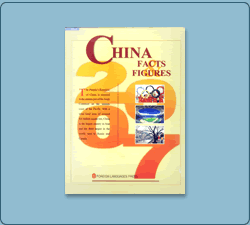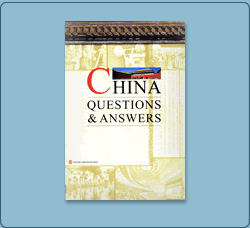 |
 |
 |
 |
 |
| The Opening-up of the Financial Industry | |
|
Since China's WTO entry at the end of 2001, China has opened up foreign-currency business, there are now 25 cities where foreign-funded banks are allowed to handle RMB business, and RMB services, previously restricted to foreign companies, expatriates and people from Hong Kong, Macao and Taiwan, have been extended to include domestic Chinese enterprises. In recent years, to accelerate its integration into the international financial industry, China has continued to implement restructuring and reforms, including allowing foreign share ownership in some state-owned commercial banks and interest rates to be decided by the market. Now, 27 foreign financial setups have share ownership in 20 national and local commercial banks.
RMB service at Jiahe, Xiamen, the first branch of the Eastern Asia By the end of June 2006, 71 banks from 21 countries and regions had set up 183 branches, 14 institutions with legal person status, and 242 representative offices. Of these 103 branches and seven institutions with legal person status are allowed to handle RMB business. On November 15, 2006, China promulgated the revised Regulation of the People's Republic of China on the Administration of Foreign-funded Banks, thus completely opening RMB services to foreign-funded banks from December 11. The regulation allows foreign-funded banks with legal person status to engage in almost the same range of RMB business as China's banks, and enjoy equal "national treatment." Now the China Banking Regulatory Commission (CBRC) has allowed foreign-funded banks to engage in QFII trust business, act as agents for insurance companies, engage in trust business of overseas operation with foreign exchange funds of insurance companies, and the trust business of share assets of insurance companies. At the same time, all China's commercial banks have set up branches overseas, and developed international credit business. The Bank of China ranks the first in the number and scale of overseas outlets. In 1980, China resumed membership of the World Bank, and returned to the International Monetary Fund. In 1984, China started business contacts with the Bank for International Settlements; in 1985, China formally became a member of the African Development Bank; in 1986, China formally became a member of the Asian Development Bank. |
| Copyright ? China.org.cn. All Rights Reserved E-mail: webmaster@china.org.cn |
